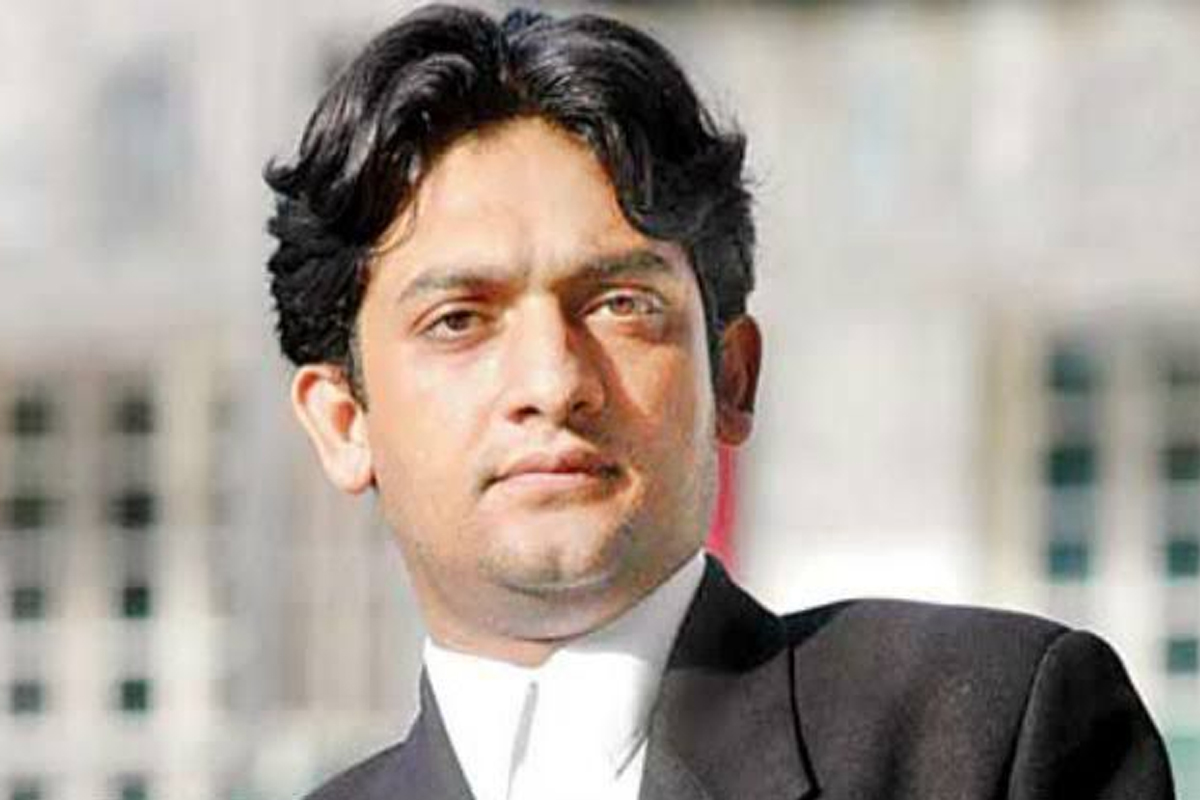Introducing Thinkers: Dr. Muhammad Mukhtar Al Shinqiti
Dr. Muhammad al-Mukhtar al-Shinqiti is a prominent Islamic scholar, author, and lecturer from Mauritania. He has made significant contributions to the fields of Islamic jurisprudence, theology, and spirituality and is widely respected within the Muslim world for his expertise and scholarship. He is known for his expertise in Islamic law, particularly in the areas of Islamic political thought and ethics; religious reform, and the sectarian history of Muslim societies.

Dr. Muhammad al-Mukhtar al-Shinqiti is a prominent Islamic scholar, author, and lecturer from Mauritania. He has made significant contributions to the fields of Islamic jurisprudence, theology, and spirituality and is widely respected within the Muslim world for his expertise and scholarship.
Born in 1973 in the town of Nouakchott in southern Mauritania, Dr. Shinqiti began his religious education at a young age, studying under several notable Mauritanian scholars. He showed an early aptitude for Islamic studies, memorising the Qur’an at the young age of 11. During his high school years, he continued to expand his scholarship of religion by taking extra schooling and went on to pursue an undergraduate double major in both religious sciences and translation studies. After completing his studies, he began his career as a secondary school teacher but eventually moved on to work in journalism, where he focused on translation.
Due to his perceived conservative background, he was later assigned a tutoring position at a Salafi university in Yemen. However, he resigned two years later due to ideological differences, including a rejection of the mainstream ideology’s denial of the religious retribution of Ridda (apostasy) [1].
Dr. Shinqiti then pursued further studies in the United States, where he volunteered to serve as an imam at the Islamic Centre of the South Plains in Lubbock, Texas. He holds a Ph.D. in the history of religion from Texas Tech University, USA, on “The Crusades’ Impact on Sunni-Shi’a Relations” and currently teaches history of religion and philosophy of religion at the Qatar Faculty of Islamic Studies (QFIS), Hamad Bin Khalifa University, Doha, Qatar.
Dr. Shinqiti has authored numerous books and articles on a wide range of topics in Islamic scholarship, including Islamic law, theology, and spirituality. His works are known for their depth and rigor and have been widely praised for their contributions to the field of Islamic studies.
In addition to his scholarly work, Dr. Shinqiti is a sought-after speaker and lecturer and has delivered lectures and seminars at universities, conferences, and Islamic centers around the world. He is also the founder and director of the Center for Islamic Legal Studies and Ethics (CILE) in Doha, Qatar, which is dedicated to promoting research and scholarship in the fields of Islamic law and ethics.
Despite his many accomplishments, Dr. Shinqiti remains deeply committed to his faith and his community and is known for his humility and dedication to service. He has been actively involved in a variety of charitable and educational initiatives and has worked to promote greater understanding and dialogue between Muslims and people of other faiths.
Dr. Shinqiti is known for his expertise in Islamic law, particularly in the areas of Islamic political thought and ethics; religious reform, and the sectarian history of Muslim societies. He has written extensively on these topics, and his work is well known around the world. Most of his books and articles have been translated and published in the Turkish language; some have been translated into Albanian, Bosnian, and Persian; and some are currently being translated into Kurdish.
Dr. Muhammad al-Mukhtar al-Shinqiti is a strong proponent of Islamism and considers himself “a brother of the Muslim Brotherhood”[2]. He emphasizes compatibility between Shari’a and political freedom, claiming that any purported conflict between the two is a result of an unclear theory of religion. While he has written on topics related to Islamic governance and the role of Islamic law in modern societies, his work generally focuses on the theoretical and philosophical dimensions of these issues, rather than specific political ideologies or movements.
That being said, it is worth noting that Dr. Shinqiti has been a vocal critic of extremism and terrorism, and has spoken out against the use of violence and coercion in the name of Islam. In a 2014 interview with Al Jazeera, he condemned the actions of groups like ISIS, stating that they were not only incompatible with Islamic law but also harmful to the image of Islam and Muslims around the world.
Overall, Dr. Muhammad al-Mukhtar al-Shinqiti is a highly respected Islamic scholar and intellectual who has made significant contributions to the field of Islamic studies. His work has had a profound impact on the Muslim world and beyond, and he continues to be an influential voice in the ongoing conversation about Islam and its role in the modern world.
Lastly, I would like to recommend one of Dr. Shinqiti’s books, which has been translated into Urdu by Dr. Muhiuddin Ghazi as “Islami tamadun mein aayini bohran” (Constitutional Crisis in Islamic Civilization), which needs to be read and discussed in mass.
The Author is the Deputy Executive Director of Maqasid Institute India. He holds a Bachelor’s degree in English Literature and is currently pursuing postgraduate research as a scholar at Al Jamia Al Islamiya in India. His research focuses on Maqasid al-Shariah and its application to contemporary issues.



